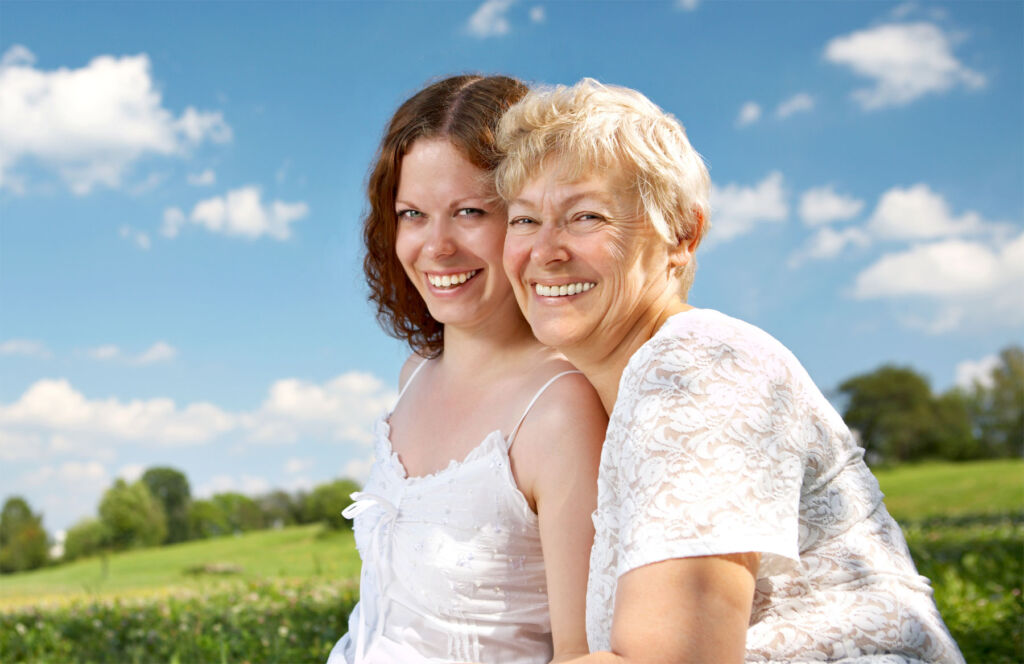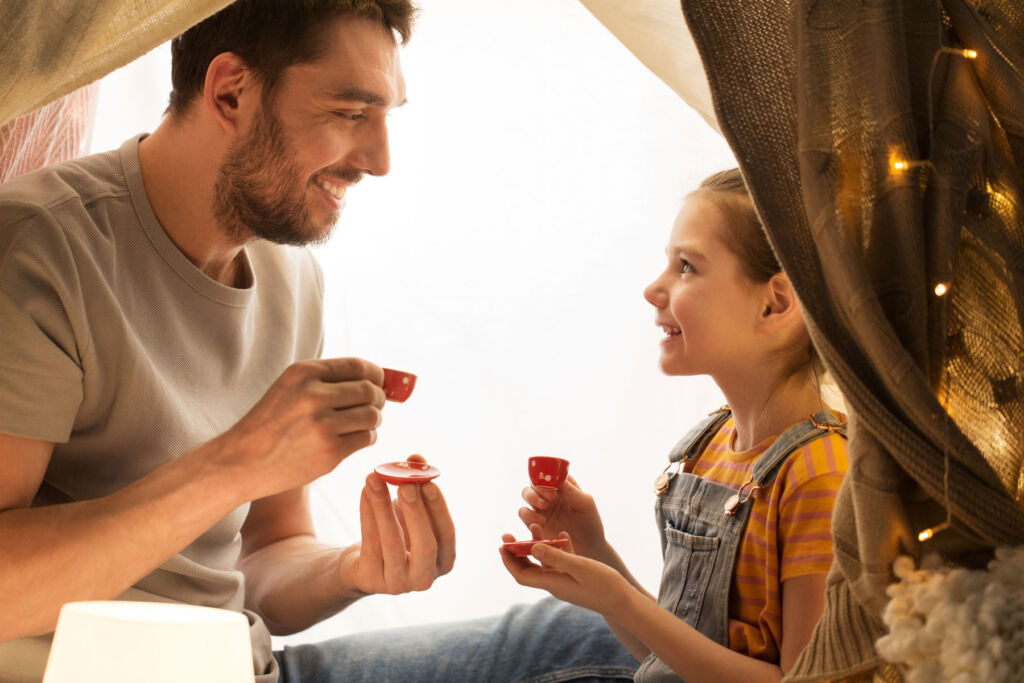
Parent Mental Health Day falls on Saturday, 27th January, and is the chance for parents nationwide to maximise their family’s mental health. The mental health of parents can impact a child’s wellbeing, and caregivers need support, which, in turn, can help them support their children’s mental health.
 Mental health expert Noel McDermott comments: “Using the metaphor of a long-haul flight in a plane let’s discuss parent mental health and start with you as the pilot looking to safely navigate your passengers and crew.
Mental health expert Noel McDermott comments: “Using the metaphor of a long-haul flight in a plane let’s discuss parent mental health and start with you as the pilot looking to safely navigate your passengers and crew.
“You don’t just jump into the cockpit and rev up the engines and roar down the runway; you have a lot of checks to do. Have you got enough fuel? Are the passengers and crew on board and safely in their seats, and so on? What are the pre-flight checks you need to do as a parent to avoid a crash?
“It’s always better to prevent rather than cure, and we know what helps reduce the risk of psychological crashes and, if one occurs, reduce its severity.
Using the evidence-based approach from lifestyle medicine, there are four areas of your life to maintain in a good state to reduce and avoid common mental health problems and promote health and wellbeing”.
Protect your parental mental health with these four areas:
[1] Exercise regularly – probably one of the single most important lifestyle decisions you can make is to exercise regularly/have an active lifestyle. Exercising at least three times a week for 20 minutes each time in a way that raises your heartbeat.
A healthy body and a healthy mind go hand in hand, and improving your exercise regime works to improve your wellbeing even if you have a severe mental illness such as psychosis, for example.
Exercise is prescribed as a treatment for depression and anxiety as a stand-alone and also as part of other psychological therapies such as cognitive behavioural therapy.
[2] Healthy diet – reduce your intake of highly processed foods and sugars. Eat a balanced diet of 80-20 vegetable to meat ratio, and don’t eat to manage your feelings (talk to a loved one, friend, or therapist if you need emotional support).
[3] Sleep and rest – good sleep hygiene is crucial to health and wellbeing. Psychologically, parts of the sleep cycle (REM) are needed to process information in the brain and allow us to think the next day.
If we don’t get REM sleep, our cognitive functioning drops off, and lack of sleep produces anxiety and depression. We use a mnemonic in therapy called HALT Hungry, Angry, Lonely, Tired. If you have those needs, get them met. Rest is necessary throughout your day.
[4] Stress management – sleep and rest are closely linked to the final pillar of wellbeing, which is stress management, sometimes called relaxation. Stress is implicated in most illnesses, both physical and psychological. Stress reduces the body’s ability to heal and increases the risk of illness due to lowering of the immune system response.
DOSE yourself up!
During the flight, we want to have a pleasant time, and this is the second bit of your mental health needs: having enough legroom and entertainment available to make it fun. Here, you have become the passenger, not the pilot! From our perspective, this involves a couple of tricks, one of which is called DOSEing yourself up.
Dopamine, oxytocin, serotonin, and endorphins are reward hormones that promote health and wellbeing and engaging in activities that promote these will make life much more pleasant and rewarding.
Some of these hormones you will get from the lifestyle medicine suggestions: endorphins come from exercise, but using the DOSE mnemonic, you can get more bang for your buck. If you start running, you will get plenty of endorphins; if you add running outside, you will get extra serotonin hormones for free, and if you add running as part of a group outside, you will get all of this plus lots of dopamine and almost certainly oxytocin from being social! Learning your DOSE activities really can pay off hugely.
Now, let’s be the passenger, and an emergency happens – at the beginning of the flight, you are told, ‘If the oxygen mask drops down from the panel above, make sure you put it on yourself first and then help others put theirs on’, most of us have heard this a lot of times and don’t notice it now maybe when the safety briefing happens at the beginning of a flight.
So, here’s a briefing to pay attention to and a safety card to read. It’s about your mental health as a parent, the signs of an emergency, and putting that mask on. Signs you (or anyone, including your kids) are experiencing distress and need something extra are pretty straightforward:
- Sleep disturbances, changes to your pattern of sleep – not being able to sleep or sleeping more than usual.
- Diet changes – eating more than usual or the opposite.
- Mood and outlook changes – significantly altered outlook or mood can indicate distress.
- Avoidance and isolation – classic signs of anxiety are avoidance, and isolation can be linked to depression.
- Negative thoughts about yourself and your life and feeling like you are a burden or failure can indicate depression.
- Thoughts of wanting to hurt yourself.
- Drinking alcohol more or excessively.
- Being on edge all the time.
- Problems with memory, thinking, and focus.
- Being angry or irritable with people.
If you experience a few of these persistently over a couple of weeks, there may well be a problem, and it’s best to seek help for a fuller diagnosis or explanation of what is happening.
You may be experiencing anxiety or depression, and usually, if you are, a short course of cognitive behavioural therapy will help you through this period with effective coping and management strategies.
Mental health expert Noel McDermott is a psychotherapist with over 30 years of work within the health, social care, education, and criminal justice fields. His company, Mental Health Works, provides unique mental health services for the public and other organisations.
Mental Health Works offers in situ health care and will source, identify and co-ordinate personalised teams to meet your needs – www.mentalhealthworks.net.

![]()




You must be logged in to post a comment.